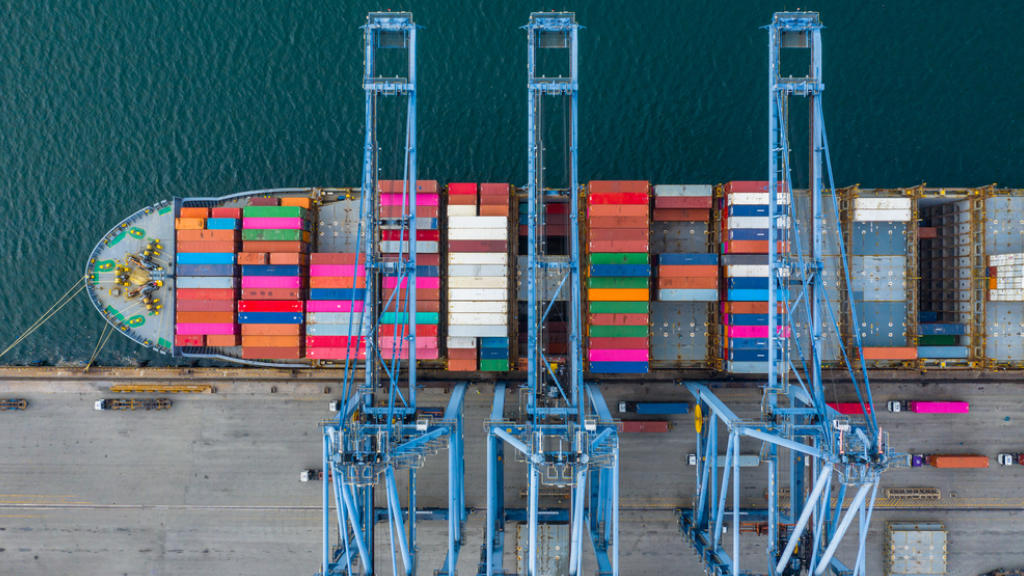The Russian State Duma has approved in the first reading this March, a bill on the gradual decoupling of prices for goods on the domestic market of Russia from global indicators. This means about the possibility of the Russian Federal Antimonopoly Service (FAS) to not take these into account when determining the monopoly high and low prices of goods. The bill has already faced criticism from deputies due to the risks of widespread application of standards and even inflated prices on the domestic market. Experts acknowledge these risks due to the low level of competition in the domestic market; but note that the FAS will retain the same tools and the ability to reconcile with world prices. It makes it possible to decouple prices for goods in Russia from exchange and over-the-counter price indicators of world commodity markets.
The FAS supports the project, as it corresponds to the road map of the service for the development of exchange trading in goods. The document excludes from the concept of monopoly high and low prices of goods as aa comparison with prices on foreign markets: the FAS will not be obliged to take into account their exchange and over-the-counter indicators.
The explanatory note explains this by the fact that prices in Russia are often based on world prices without taking into account the situation in the domestic market, and the changes will ensure the priority of the interests of Russian consumers, regardless of external conditions.
The FAS agrees that prices within the country should primarily take into account the balance of supply and demand and the capabilities of the domestic consumer. The project will extend to goods for which domestic indicators have already been created, they add.
According to State Duma, this is the second version of the bill: it takes into account the pre-matureness of a complete abandonment of global indicators before the formation of their national system. However, the legal department of the Duma apparatus notes the risks of widespread application of the norm due to the lack of specification of cases of admissibility of the use of external indicators.
Ilya Dolmatov, the head of the Institute of Economics and Regulation of Infrastructure Industries at the National Research University Higher School of Economics, believes that using foreign indicators is not entirely objective for the domestic market in the changed geopolitical conditions, but if necessary, the FAS retains a tool for comparing prices with world prices.
There remains a possible increase in uncertainty in Russian markets, including fuels, metals, crops, fertilisers, chemicals, petrochemicals and medicines. Dolmatov said that “If the market is deprived of the opportunity to focus on world prices, benchmarks and pricing rules should be offered in return. Determining the market price within an isolated market seems extremely difficult.”
Although Russia is one of the largest global exporters and importers of raw materials, it does not have its own generally accepted stock exchange indicators. How far such a system is managed under State control or via an independent regulator will be a key debating point. It is also likely to give Russia more of a say over global commodity prices based on own its terms rather than as part of a global ‘basket’ largely dominated by Western players.

 Русский
Русский












